Whale Bones On Florida’s New Smyrna Beach Revealed By Superstorm Sandy
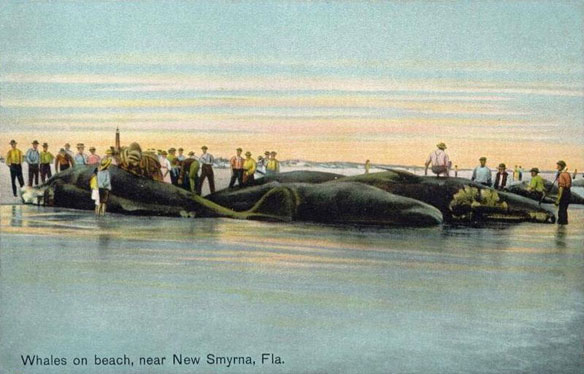
The skeleton of a rare whale unearthed by superstorm Sandy erosion has been discovered on a Florida beach.
Tsunami caused long-term ecosystem change in the Caribbean
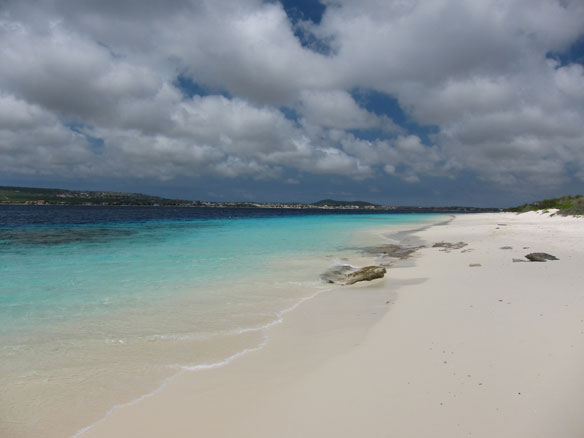
A detailed analysis of sediments from the island of Bonaire in the Caribbean presents convincing evidence for an extraordinary wave impact dating back some 3,300 years, even though no historical records of tsunamis exist for this island. Of particular interest are the consequences this large wave impact had on the island’s ecosystem.
Mutant Fruit Trees to Grow in Saline Soils in Cuba
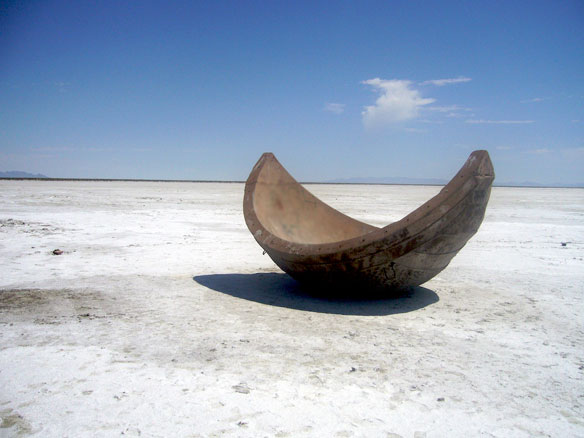
During some parts of the year, a layer of salt can be seen on the ground in eastern Cuba, which makes it difficult, and sometimes impossible, to farm. Since agronomist Orlando Coto saw this with his own eyes, he has been searching for salt-tolerant fruit trees.
Environmental Uncertainties Halt Deep Sea Mining
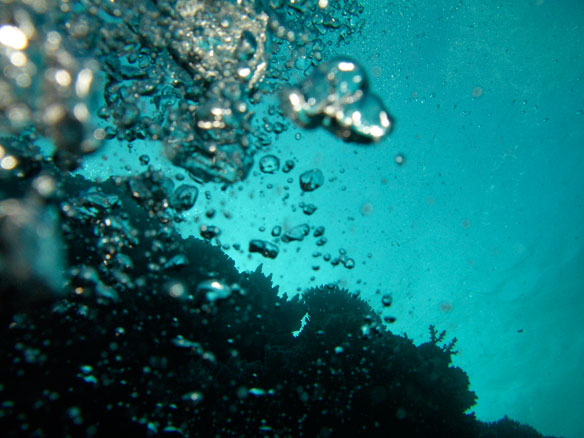
The world’s first deep sea mineral (DSM) mining venture in the Bismarck Sea off the northern coast of Papua New Guinea in the southwest Pacific has come to a halt after two years of development.
Deforestation Wreaks Havoc Along Guatemala’s Northeast Caribbean Coast
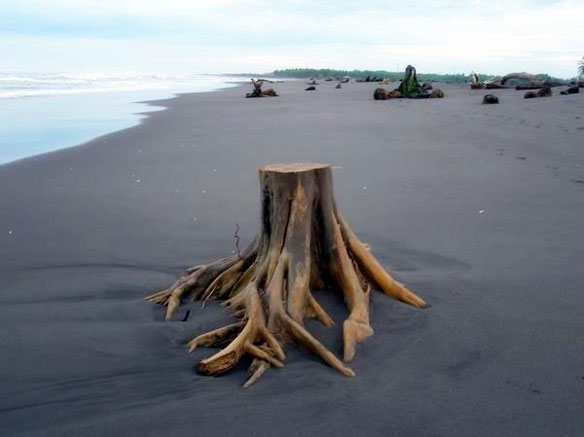
The province of Izabal along Guatemala’s northeast Caribbean coast is one of the areas with the highest deforestation rates in the country, according to two government studies.
Research Underscores Vulnerability of Wildlife in Low-Lying Hawaiian Islands
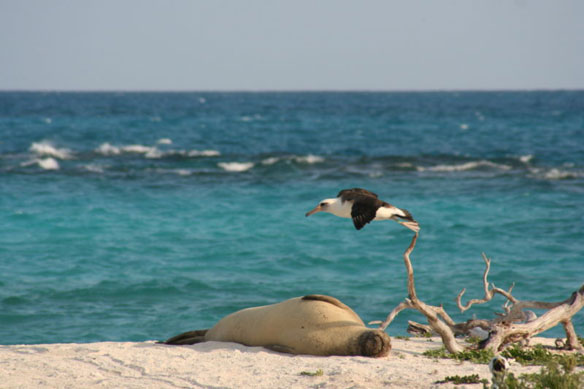
If current climate change trends continue, rising sea levels may inundate low-lying islands across the globe, placing island biodiversity at risk. A new U.S.G.S scientific publication describes the first combined simulations of the effects of sea-level rise and wave action in the Northwestern Hawaiian Islands.
Staten Island, Hurricane Sandy And The Impact Of New Homes In Storm-Ravaged Areas
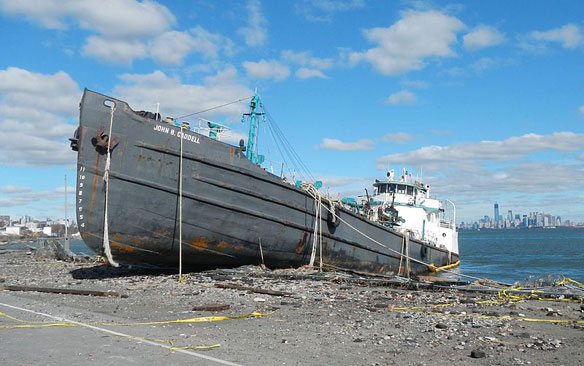
In a neighborhood of Staten Island where Hurricane Sandy flooded homes, swept boats into the streets, and caused at least two deaths, builders have already resumed construction on a series of new houses, raising concerns among residents who have long tried to halt development in the area…
San Francisco Bay Sand Mining Alarms Conservationists
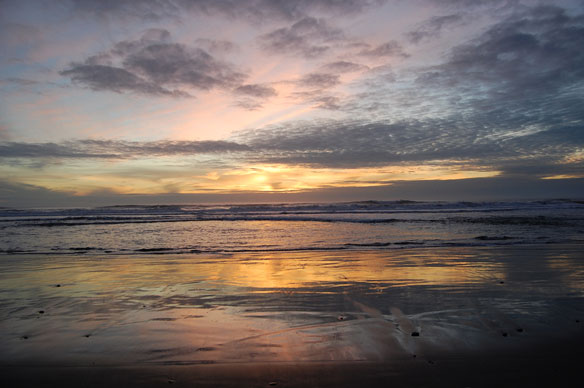
Dredge mining of shoals near Angel and Alcatraz islands and throughout Suisun Bay is robbing the bay of sand that keeps San Francisco’s Ocean Beach from eroding, according to new research by the U.S. Geological Survey.
Champion of the Mangroves, Union Island, the Grenadines
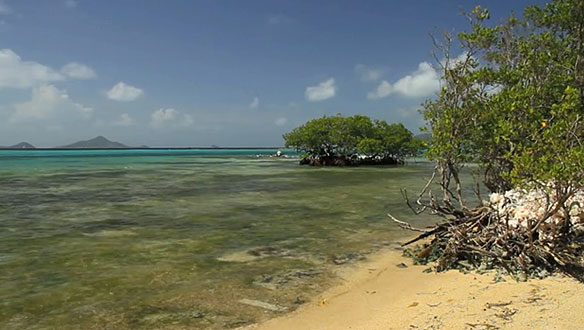
On Union Island, Ann Harvey’s story of the mangroves demonstrates the protective power of nature and green infrastructure, while a recent UN report showed that valuable mangrove forests worldwide, are being wrecked by the shrimp and fish farms.
